Consequences of blowing up the Kakhovka HPP: ecoactivists and scientists studied the water in the Inhulets River in Mykolaiv Oblast
- News of Mykolaiv
-
•
-

- Alisa Melik-Adamian
-
•
-
14:15, 06 November, 2023
Eco-activists and scientists conducted another sampling of water, bottom sediments and wells in the Mykolaiv region to study the consequences of the explosion of the Kakhovka HPP. The samples make it possible to analyze the toxic pollution that has entered the Black Sea.
On Thursday, November 2, specialists took the third water intake from the well and reservoirs of Snihurivka community, which suffered the most from the flooding, reports the correspondent of NikVesti.
As you know, at dawn on June 6, it became known about the undermining of the Kakhovka HPP dam. In a matter of hours, villages and cities of Kherson region and Mykolaiv region were in the flooding zone. In particular, the water passed through 13 settlements of the Snihurivka community.
Already on June 9, it became known that the water rose by 6 meters. It took several weeks for her to leave.
Immediately after the disaster on June 13, ecoactivists with the support of the Ukrainian Scientific Center for Ecology conducted a study to analyze the state of water bodies as a result of the explosion. The next environmental mission took place in July.
This time, the samples were taken in the city of Snihurivka and in the village of Afanasiivka, which were completely cut off by water.
According to the eco-activist, leader of the eco-movement Let's do it Ukraine Yuliia Markhel, these studies will make it clear how this disaster can affect the development of the surrounding nature of the Mykolaiv region.
— We will take water from this point for the third time. This is our 11th point out of 12 that we are investigating, and we will do all these investigations on the basis of SSU, which relate to the intake of water and bottom sediments, as well as wells and wells. We need this in order to find out what toxic substances have entered the environment, and at the same time into the soil, and how it will affect the plant, animal and aquatic worlds. Next, we will transmit to other laboratories and scientists to understand whether we can use this land, the food that grew on this land, how long we will not be able to bathe, how long we will not have clean water and how it affects the human body, — said the specialist.
She also added that in the 5 months since the explosion, no one has carried out the liquidation of the consequences of terror, but only recorded the events.
— Unfortunately, there is a lack of equipment in Ukraine that would allow conducting research on the ecological disaster that occurred. This is the first contender for a disaster of this magnitude after the explosion at the Chernobyl nuclear power plant. In fact, you and I will eliminate this catastrophe for decades. No one knows that the liquidation of the consequences did not take place. We helped people, but with the ecocatastrophe, we are working exclusively to record what happened, — said Yuliia Markhel.
On the same day, the selected samples were delivered to the scientific center of marine ecology for further processing.
Experts say that the research results will also be used as part of criminal proceedings conducted by the Specialized Environmental Prosecutor's Office of Ukraine and the Main Investigative Department of the Security Service of Ukraine.
We will remind that more than 7 bridges were destroyed or demolished by the power of water due to flooding in the Snihurivka community.
In addition, 375 houses were flooded.
Recent news about: Ecology


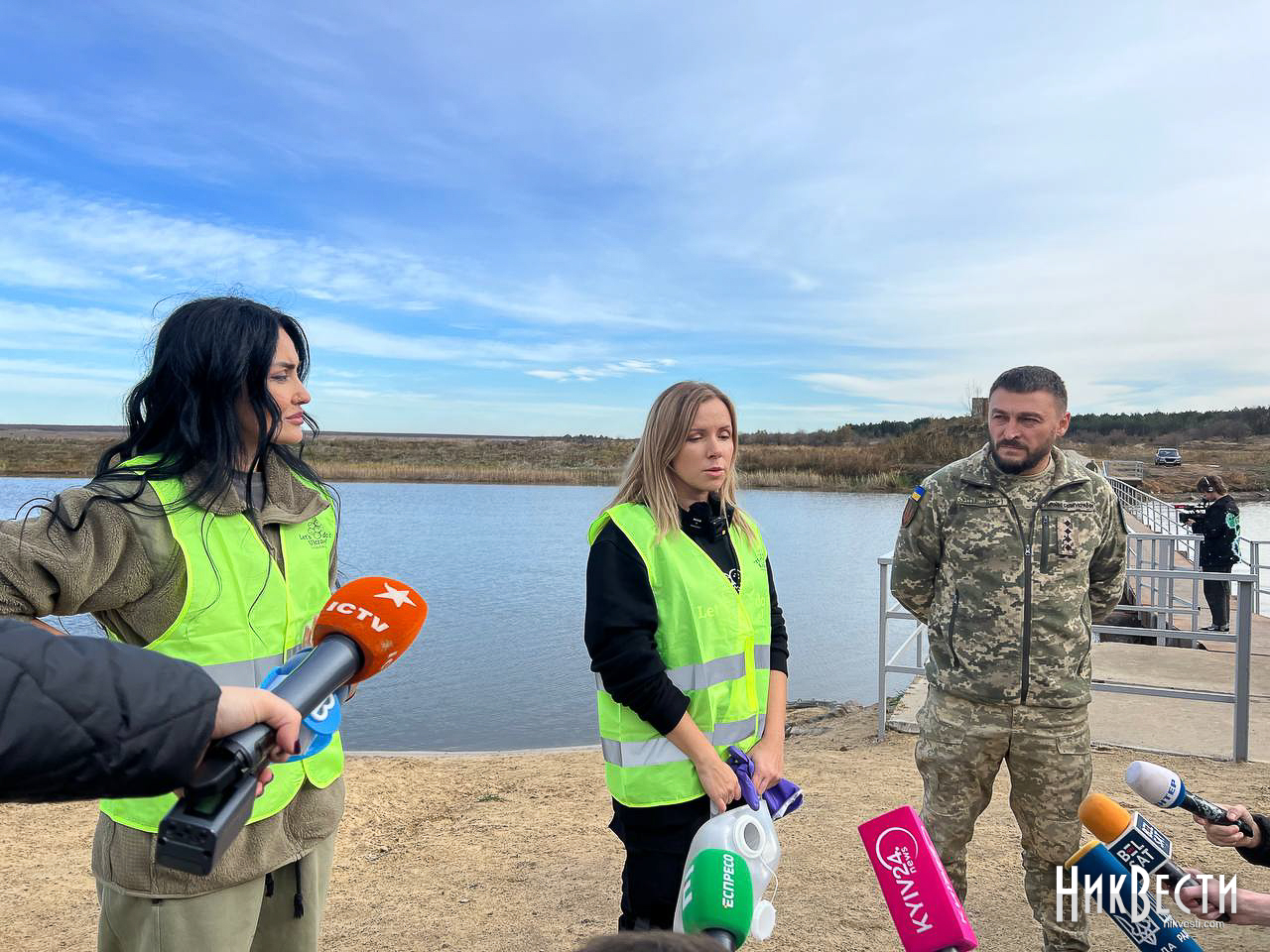
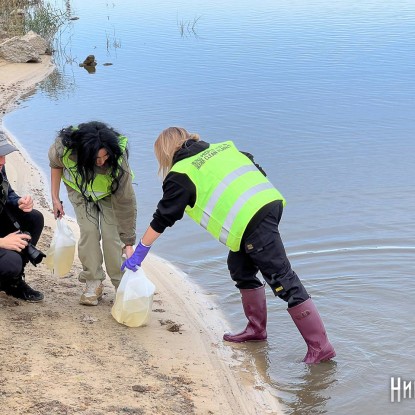
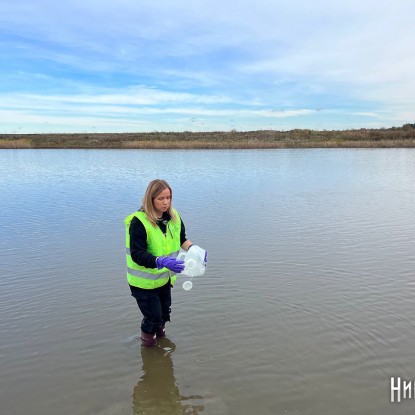
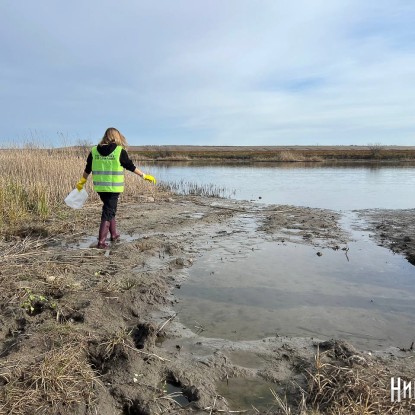
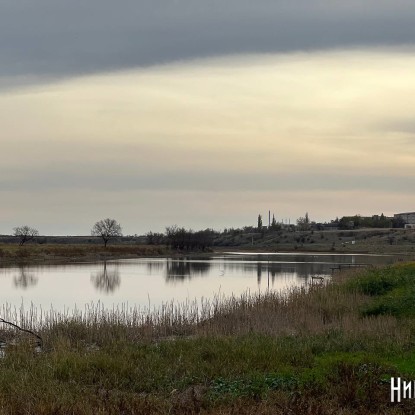



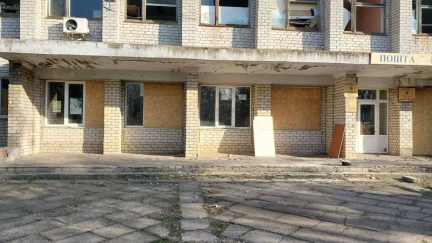



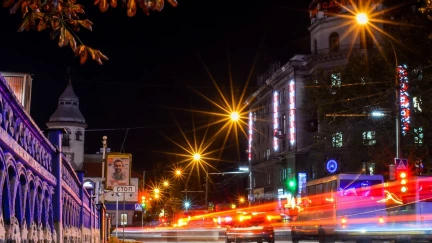

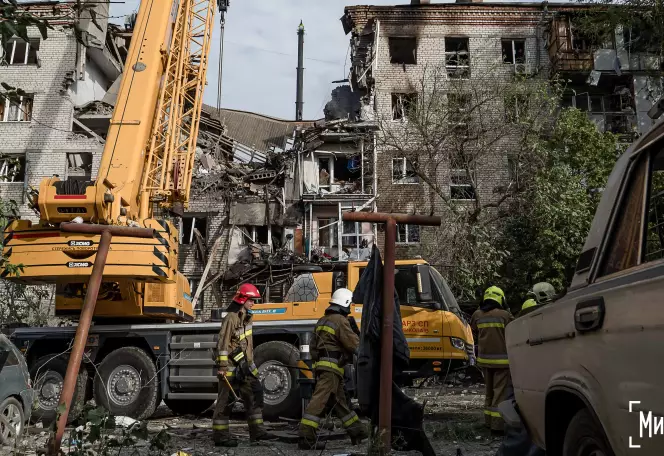

To join the conversation, please log in to the NikVesti website.